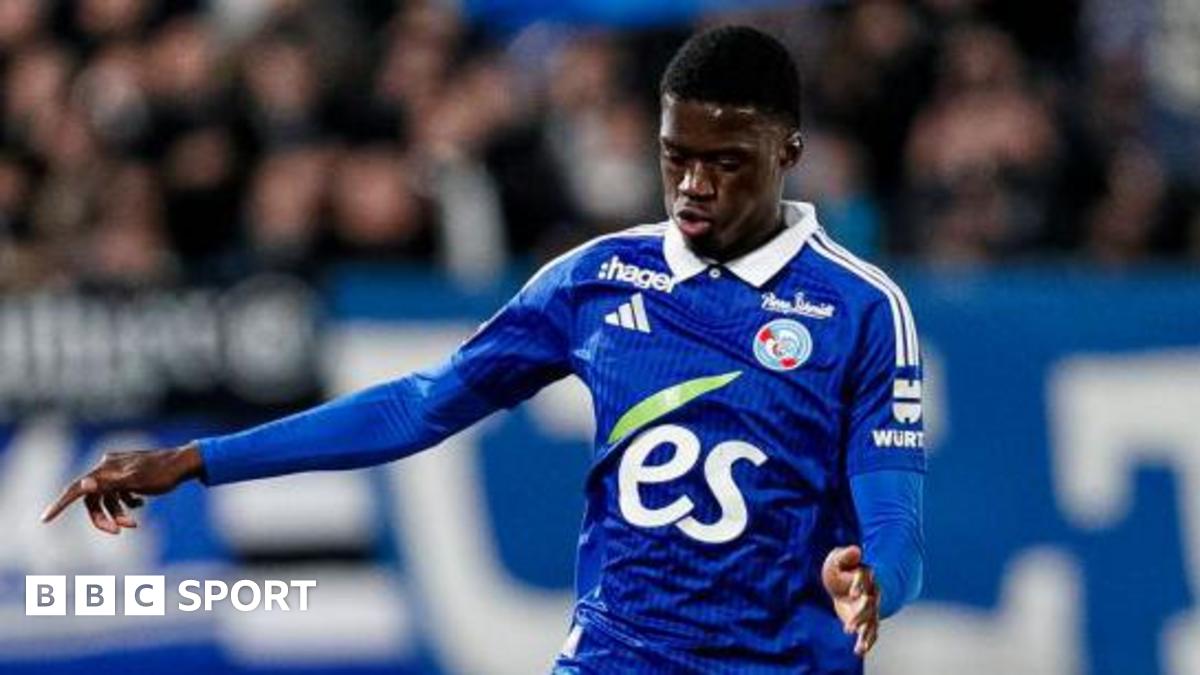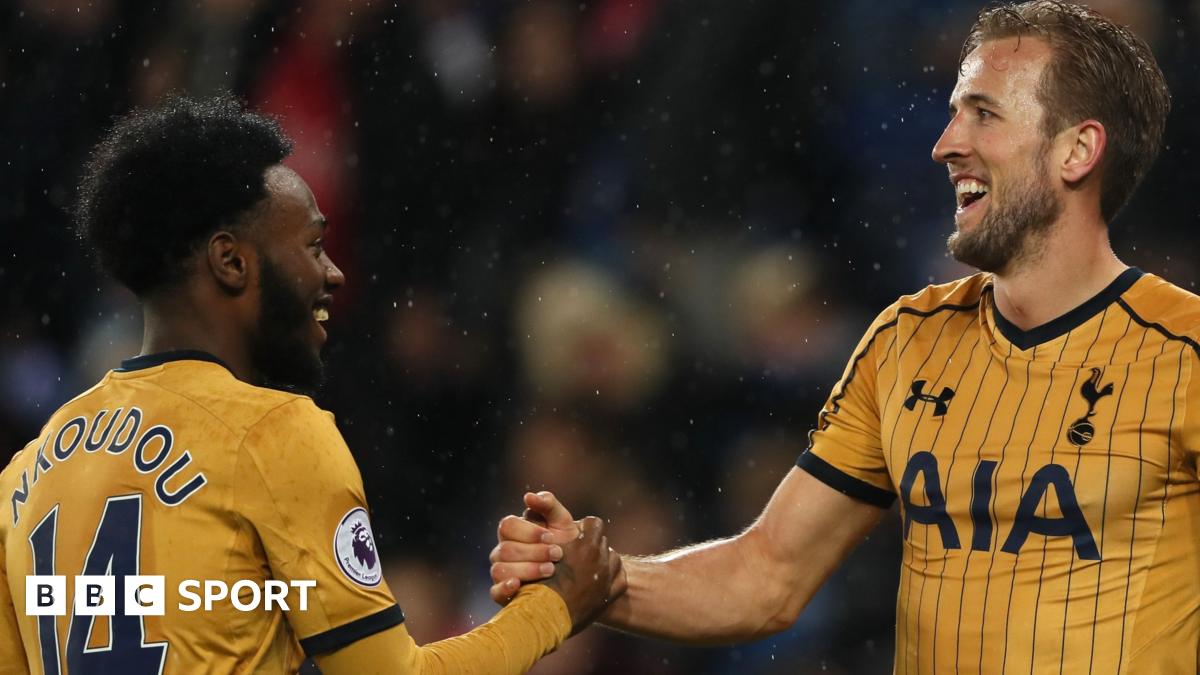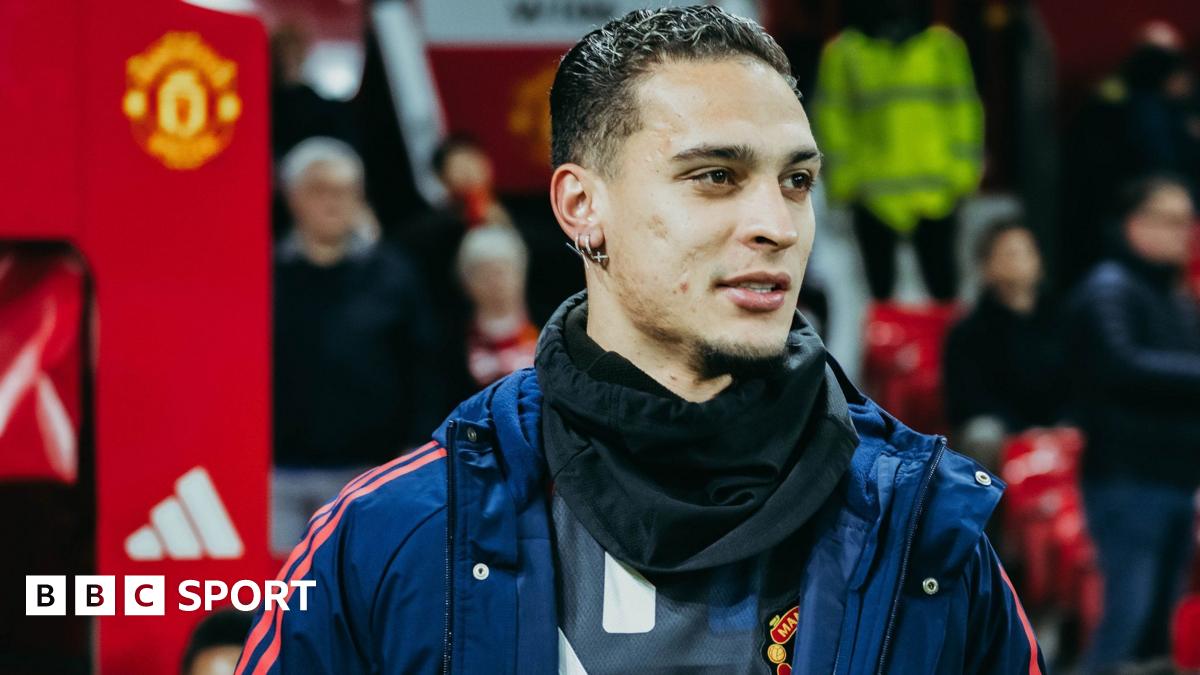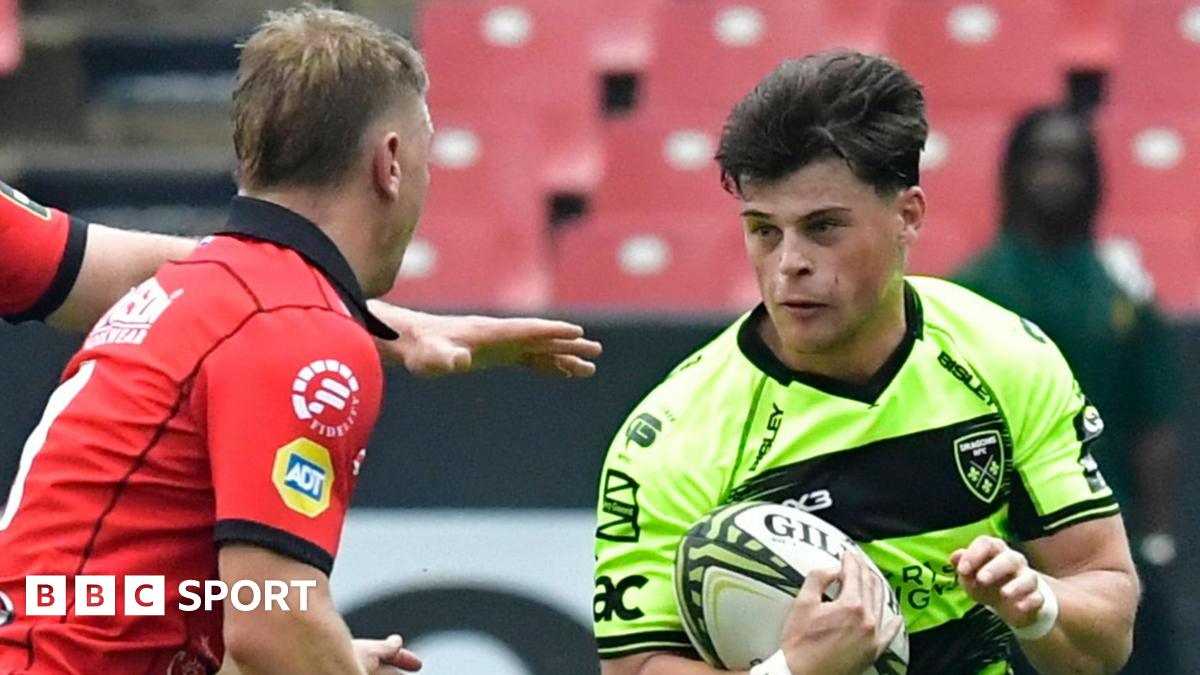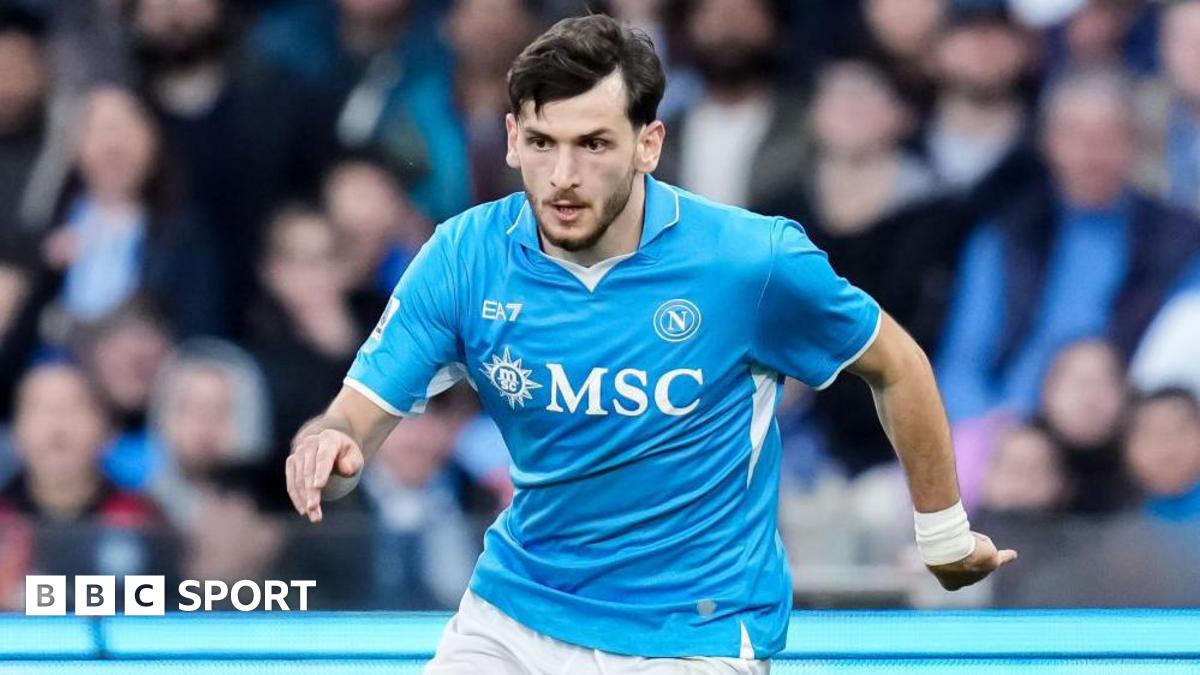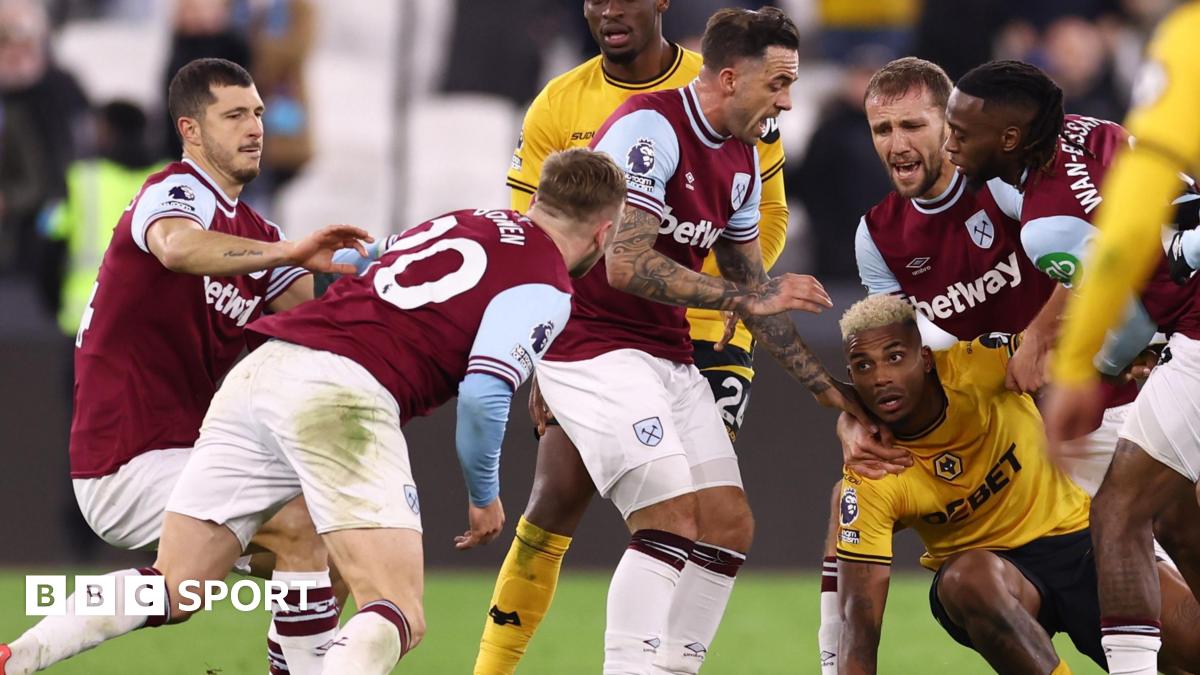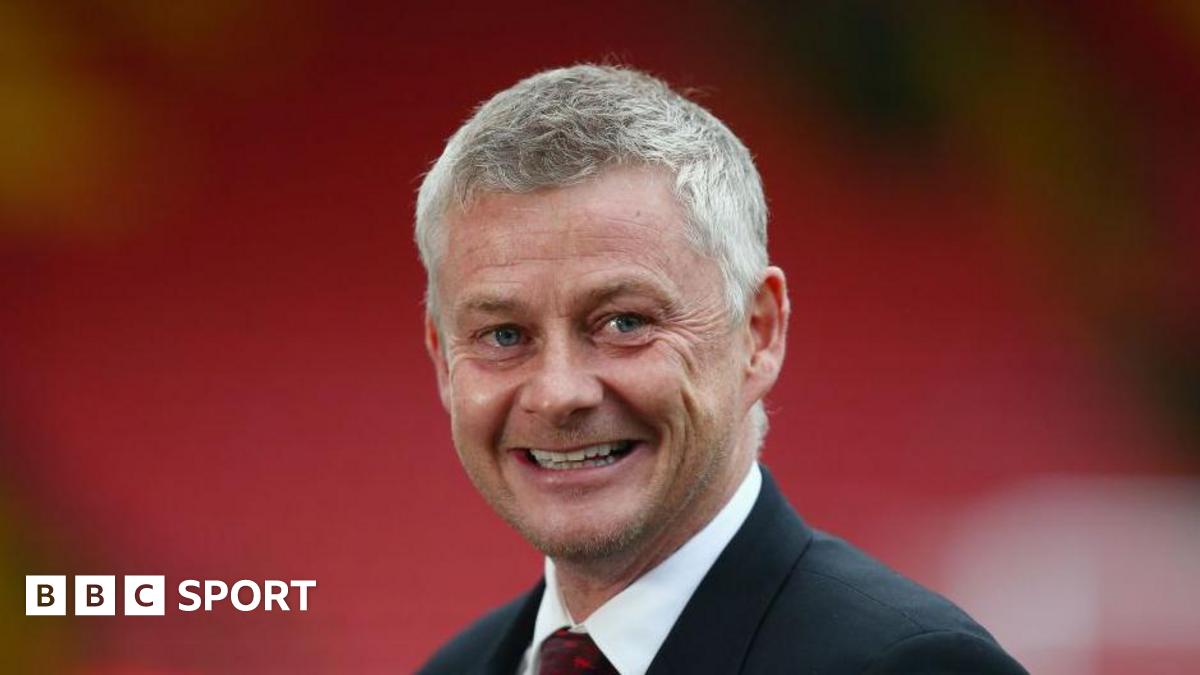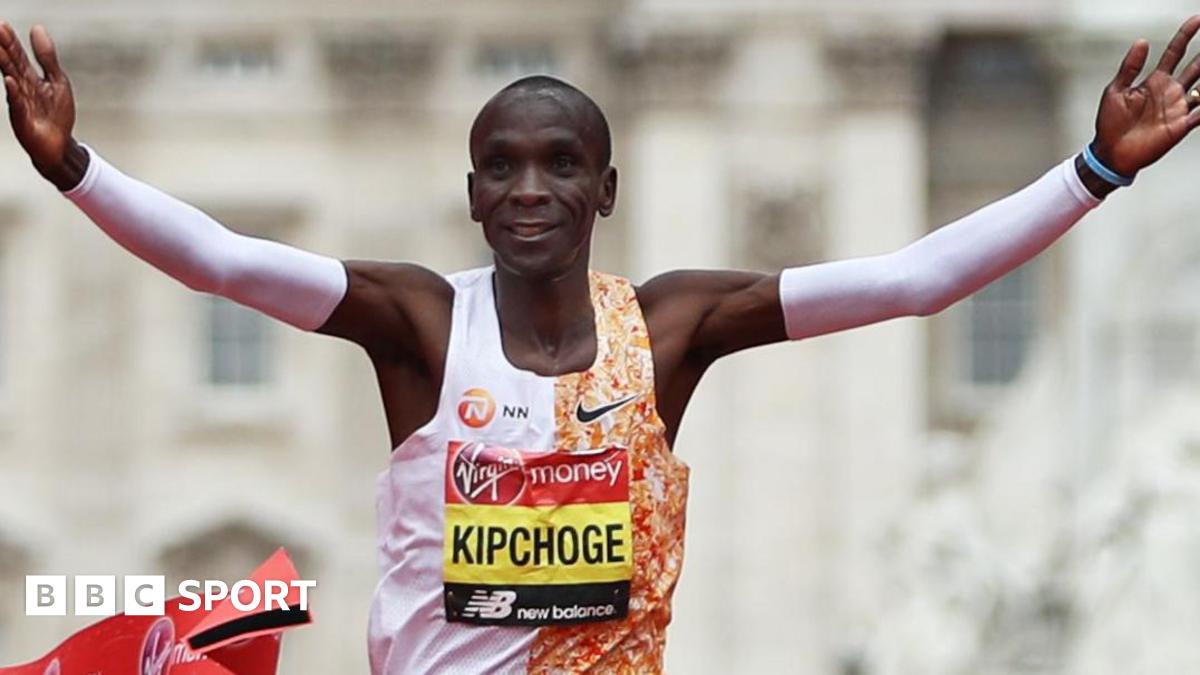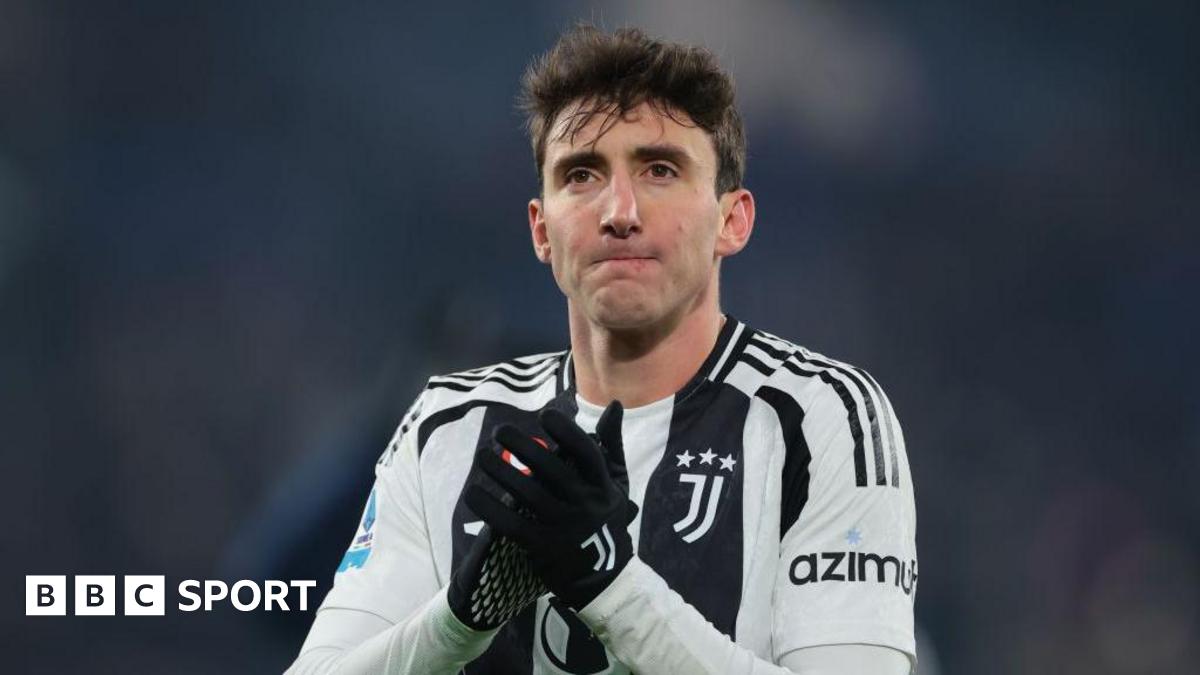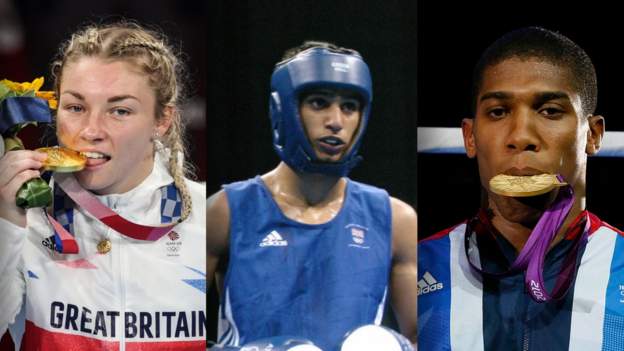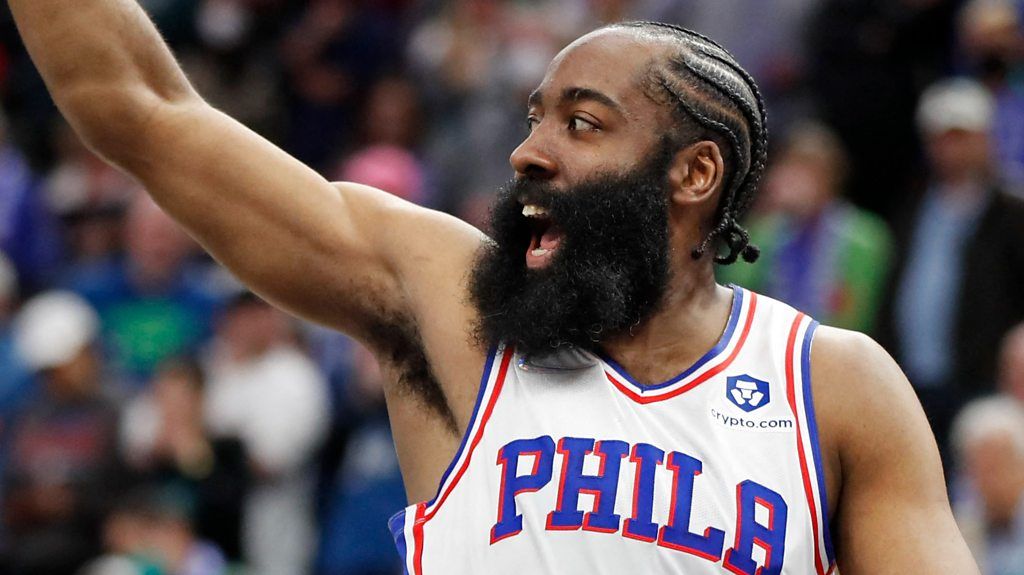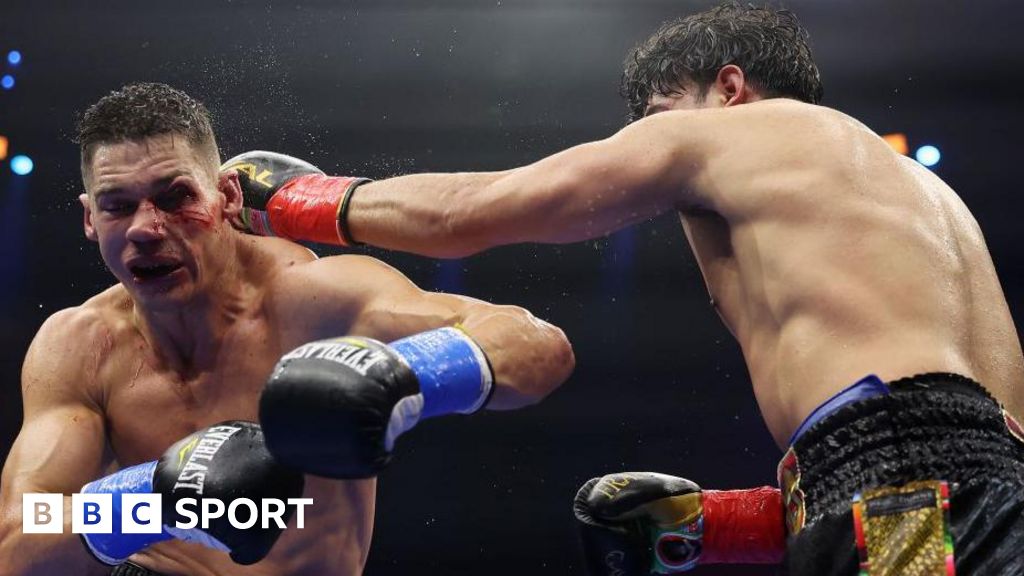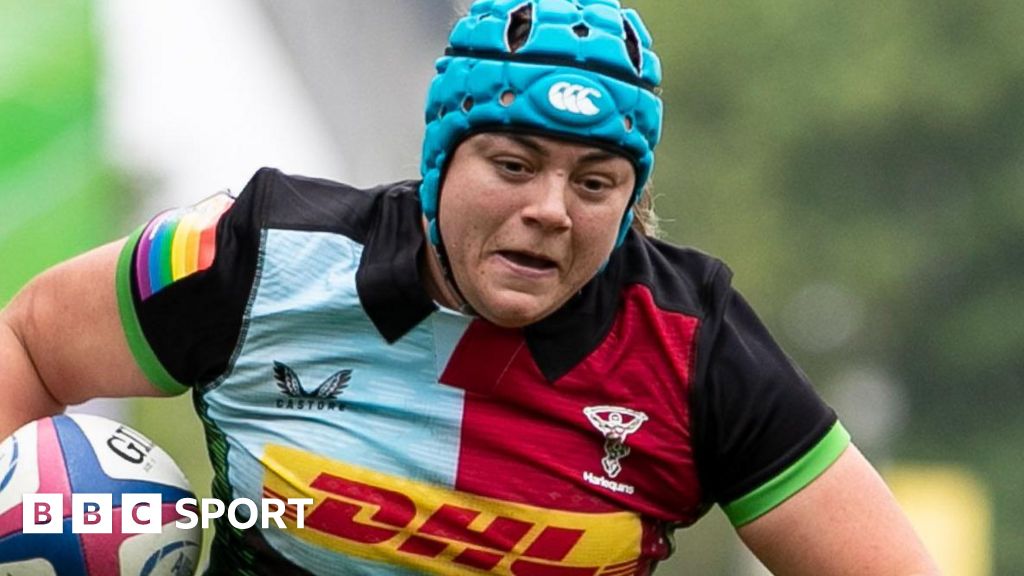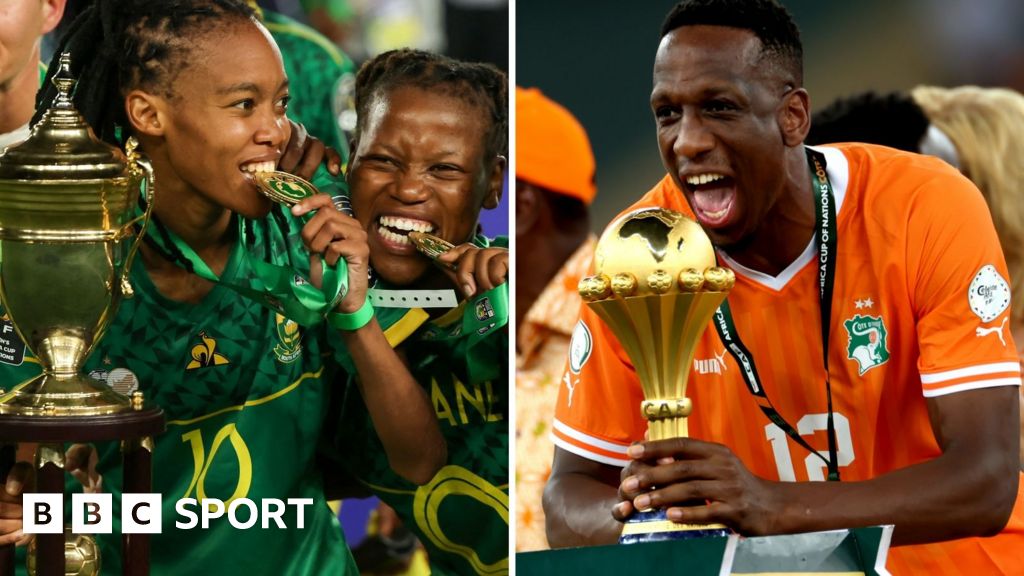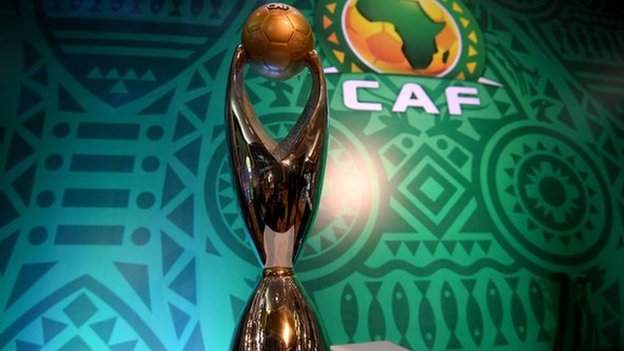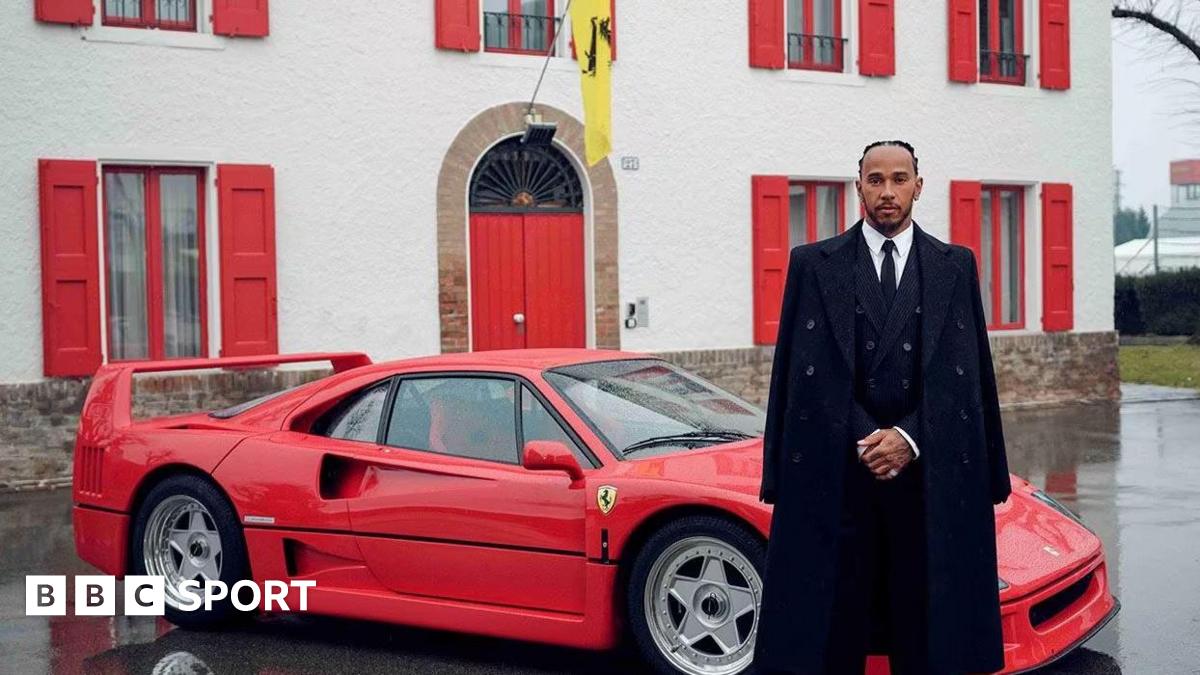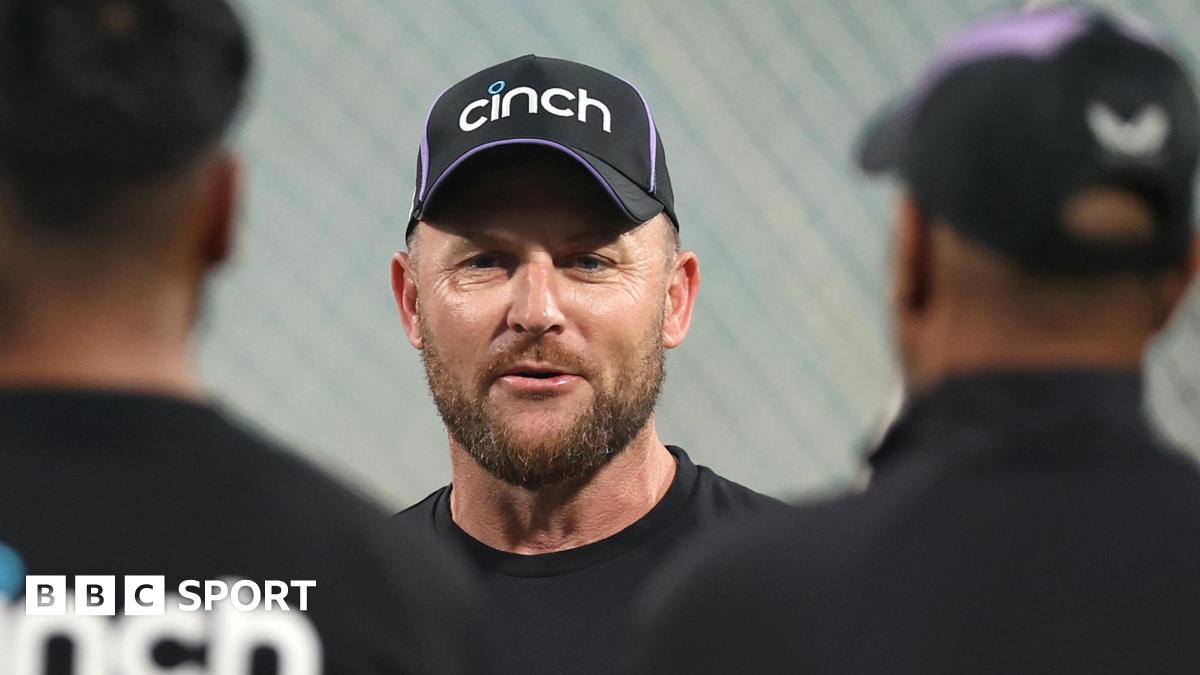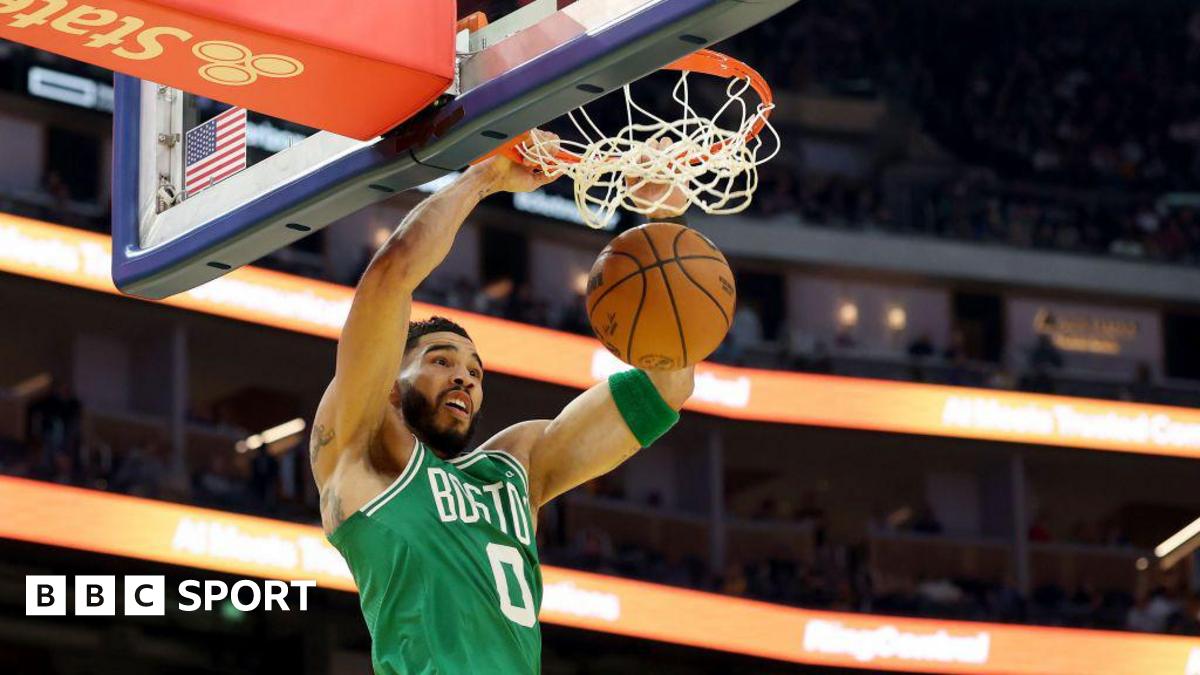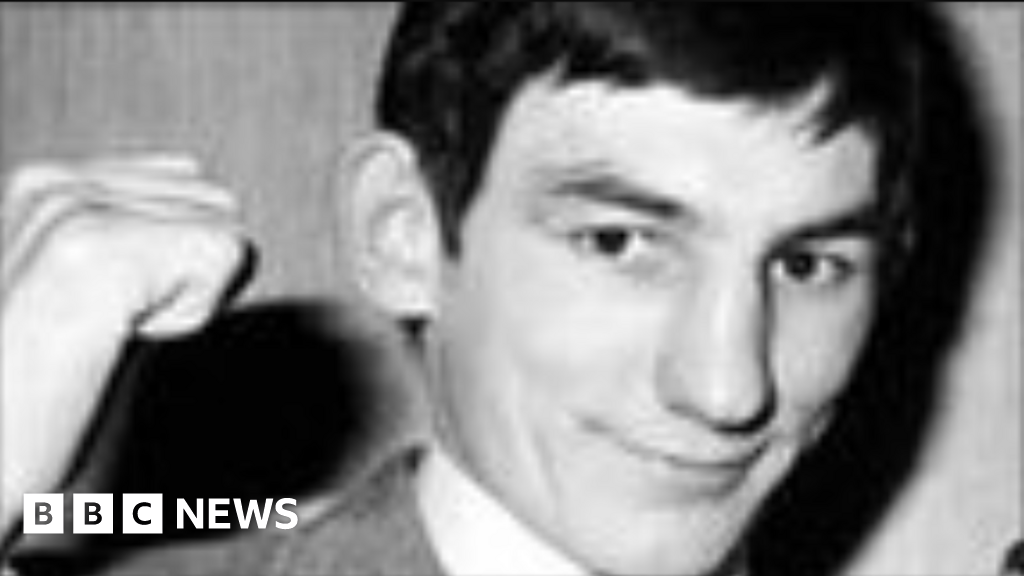“No-one can exclude us from anywhere,” was the rallying cry from Umar Kremlev, the International Boxing Association’s under-fire president, at last weekend’s crucial special congress in Armenia.
For the future of amateur boxing, that is not strictly true.
As it stands, boxing will not be included at the Los Angeles Olympics in 2028, which could have major consequences for the unpaid code of the sport.
The International Olympic Committee (IOC) has made no secret of its “grave concerns” regarding Russian Kremlev’s premiership and the axe may fall on boxing as a result.
There was a glimmer of hope that the IOC could have been placated in the Armenian capital of Yerevan on Sunday, when a vote took place to decide whether Kremlev could be challenged in new presidential elections.
However, Dutchman Boris van der Vorst will not get the chance to run after 106 out of 142 delegates voted against staging a leadership challenge.
Kremlev was elected unopposed as president of amateur boxing’s world governing body in May after Van der Vorst was declared ineligible. The Court of Arbitration for Sport ruled in June that Van der Vorst was wrongly prevented from standing.
In a statement released shortly after the congress, the IOC said it was “extremely concerned” and that “following these disturbing developments, the IOC will have to fully review the situation at its next meeting”.
In June, the IOC executive board stripped the IBA, previously known as AIBA, of its right to organise the boxing competition at Paris 2024 and the qualifying process for it because of governance, finance, refereeing and ethical issues.
It did the same at Tokyo 2020, with a Boxing Task Force set up to oversee the boxing tournament.
A similar body organised by the IOC executive board will take charge of boxing in Paris but the sport, which has been contested at all but one Olympic Games since 1904, is not currently on the list of sports for LA.
England Boxing supported leadership change
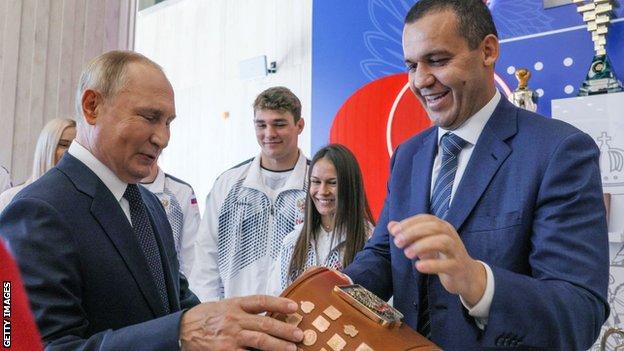
The consensus is that the butterfly effect of such a move will have seismic ramifications for amateur boxing in Great Britain, where medal opportunities at the Olympics mean substantial funding. For Tokyo 2020, boxing received £12,084,436 from UK Sport.
But it’s not just about the money. The visibility of Olympic boxing is a driver of participation, which boomed after London 2012, where Anthony Joshua, Luke Campbell and Nicola Adams all claimed gold medals.
Before that, 17-year-old Amir Khan captured the hearts of the nation with his 2004 surge to silver in Athens.
Somalia’s Ramla Ali, herself an Olympian and now a professional boxer and published author, credits watching Khan that year as the reason she decided to take up the sport.
“The first time I sat down and watched boxing was Amir Khan in the Athens final,” she says. “It was beautiful, like watching poetry and I knew I had to do it.”
It is not surprising, therefore, that both GB Boxing and England Boxing have both expressed their concerns about the vote result.
Jerome Pels, the chief executive of England Boxing, who voted in favour of a leadership challenge, said: “We are very disappointed by what has happened at the IBA extraordinary congress. We share the IOC’s concerns and worry about what this could mean for the future of Olympic boxing.
“We were supporting Boris van der Vorst and thoroughly expected to have the right to vote for him at a democratic election.
“We believe that he would have been the right candidate in taking the IBA forward, in fixing the governance and restoring its reputation as a world governing body.
“Continuing with the status quo may have huge consequences for the sport and the athletes who want to compete in fair and well-managed competitions.”
A spokesperson for GB Boxing said the organisation is “fully aware of the situation regarding boxing at the 2028 Olympic Games and the threat this poses to the sport and the damage it would cause to the career aspirations of young boxers”.
‘People will stop boxing’
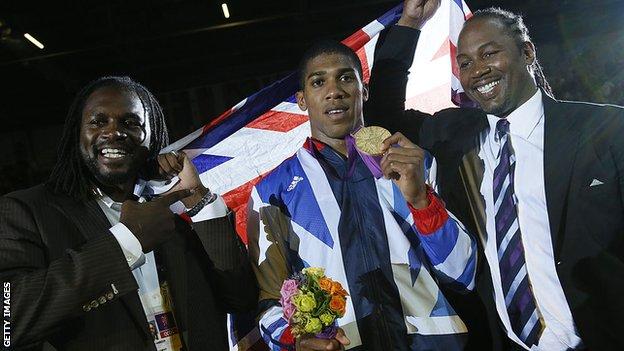
That is a view echoed by Sean Murphy, the head coach at London’s famous Finchley Amateur Boxing Club, who was the first man to coach Joshua when he took up boxing aged 18.
“It’s all very worrying for the future of amateur boxing,” Murphy told BBC Sport.
“If they don’t have that opportunity to get to the top, people will stop doing it – the numbers will go down and that will be a problem for clubs already struggling to pay the bills.
“It’s also about exposure. People might have watched someone like ‘Josh’ on telly at London 2012 and want to try it. If that’s gone, there’s a big reason for someone to take up the sport disappearing.”
Frank Smith, the chief executive of Matchroom Boxing, who promote Joshua and many others in the professional game, predicts an impact on wider society.
“I think boxing has such a great role to play in the community so this is a worry,” Smith said. “The Olympics without boxing will heavily affect the sport in this country.
“There is a scarcity of funding in amateur boxing anyway and from what I can tell this can only mean it will be reduced even further.
“The eyeballs we saw on the sport was huge in 2012 with the likes of AJ. With no Olympic boxing, it will make a huge difference when it comes to public interest in the sport, which is already niche.”
While the IBA and Kremlev are adamant a resolution will be found, as it stands, exclusion looks likely.
BBC Sport contacted the IBA for comment, but did not receive a reply.

